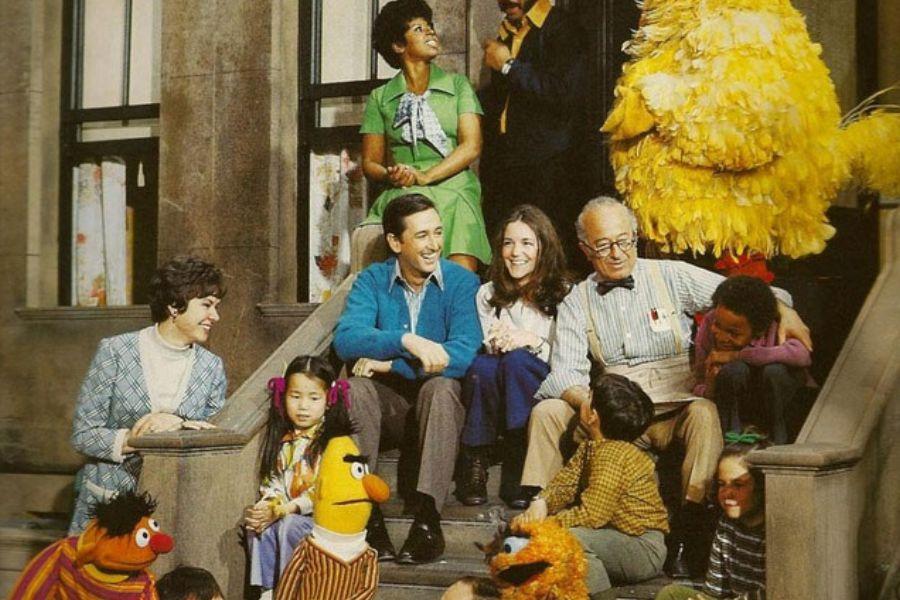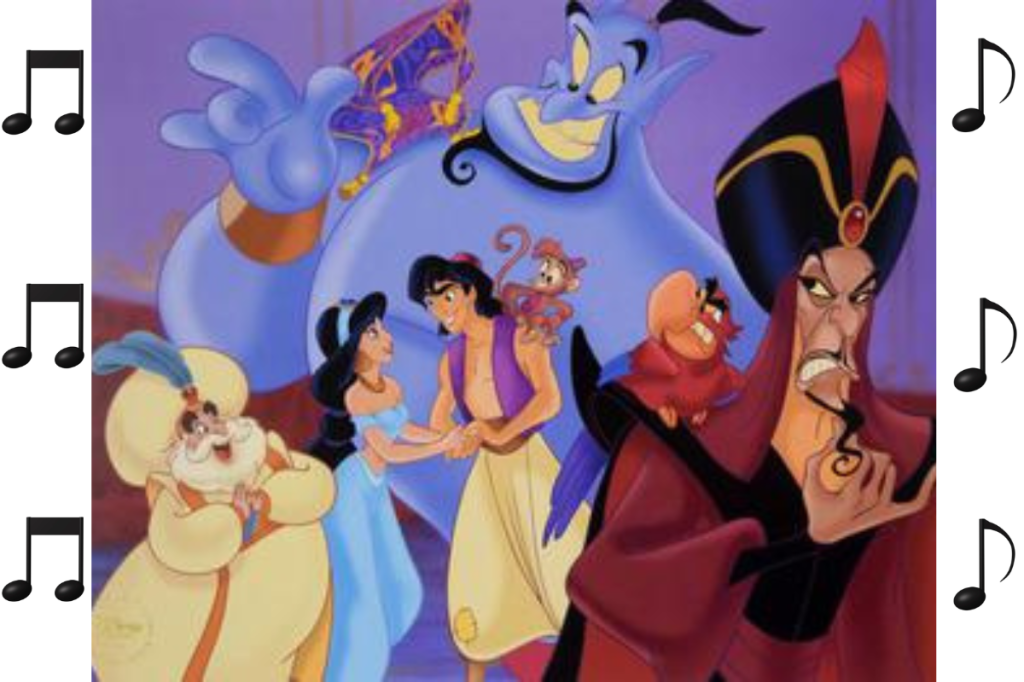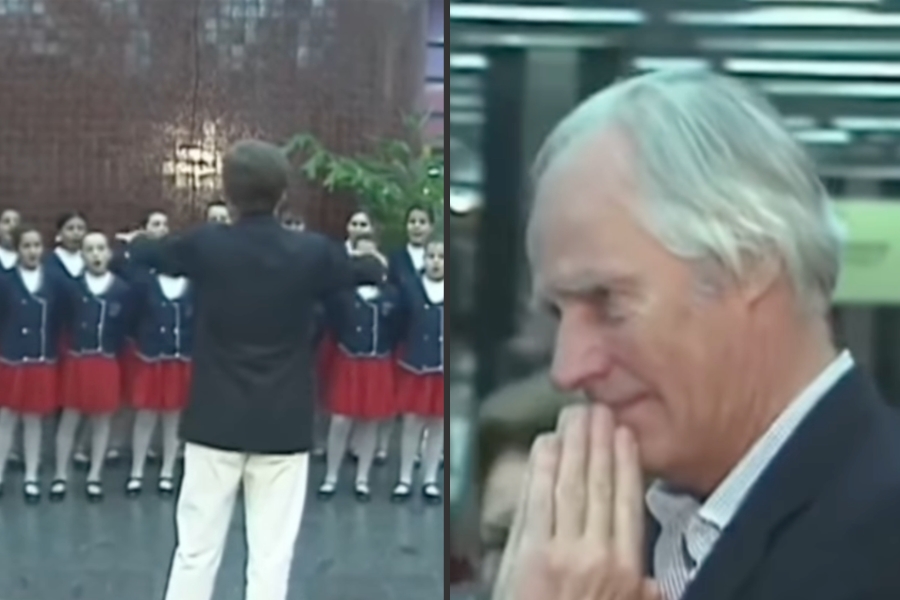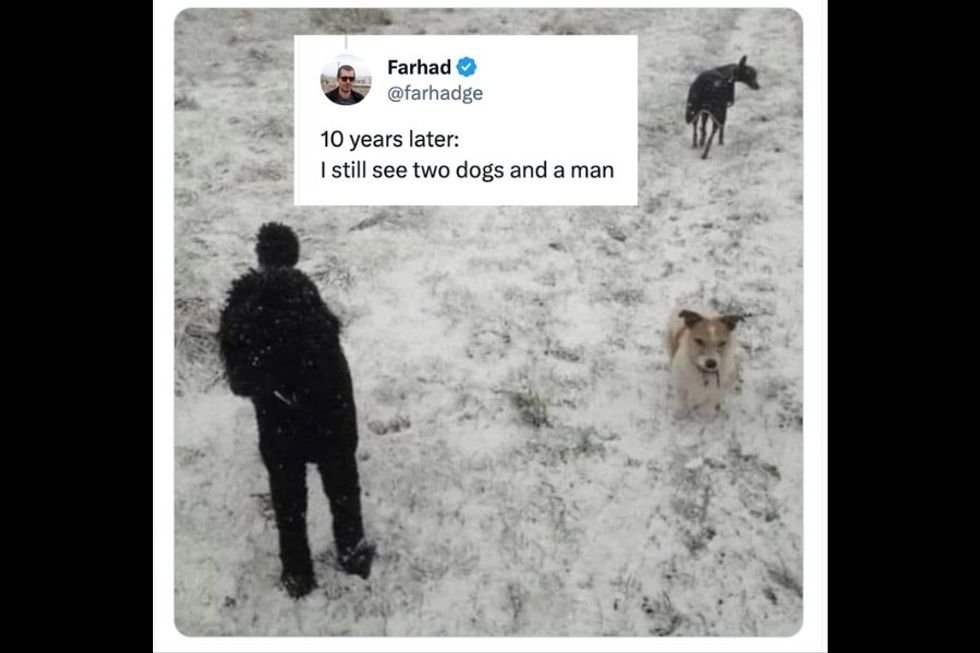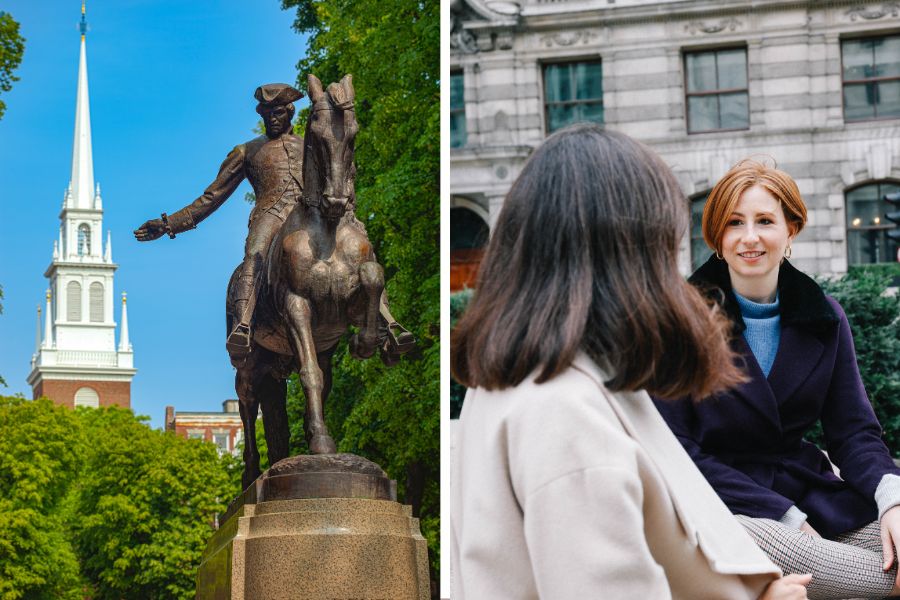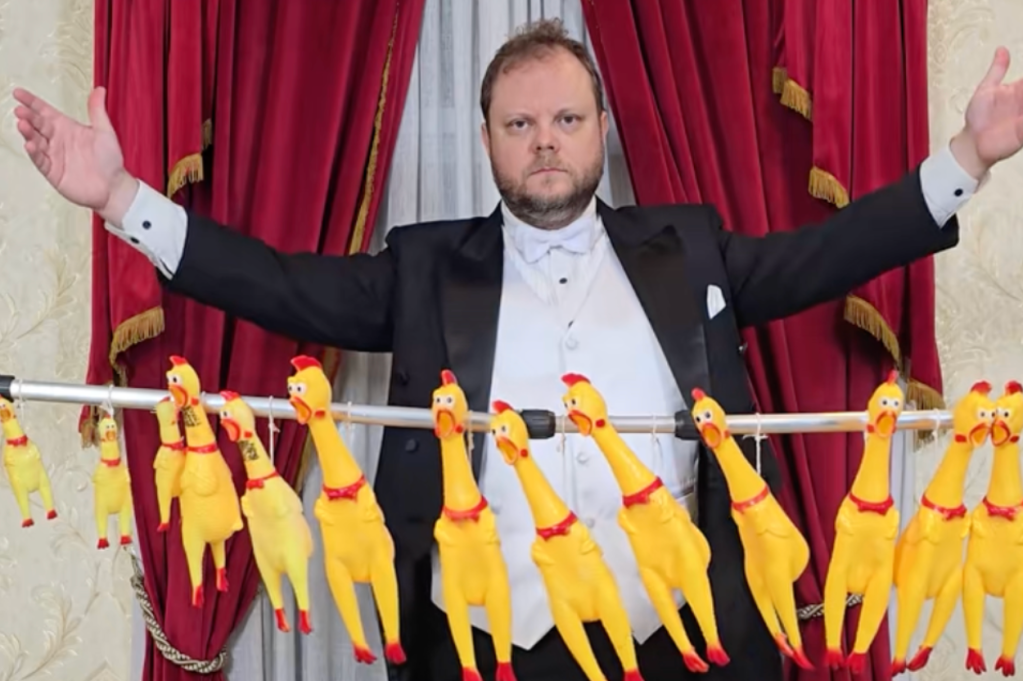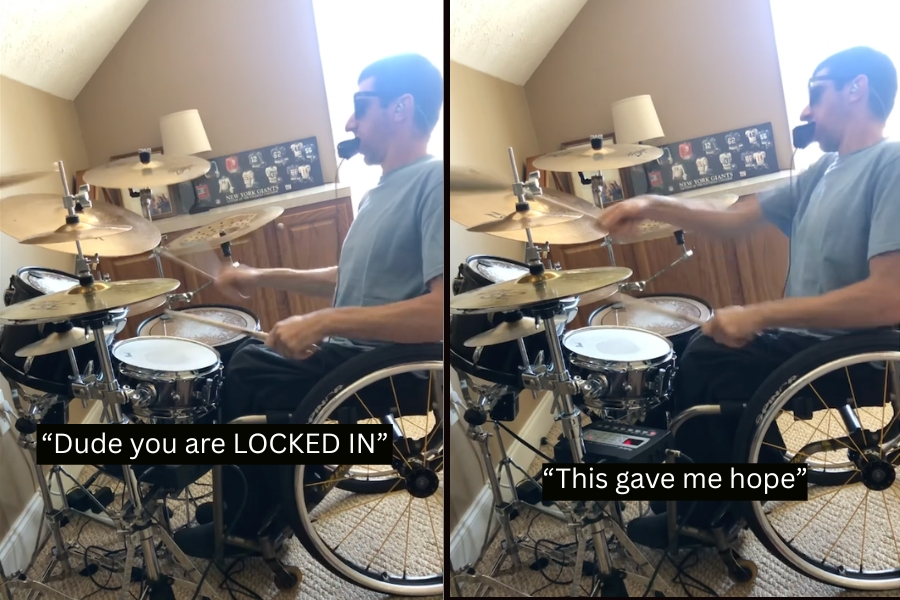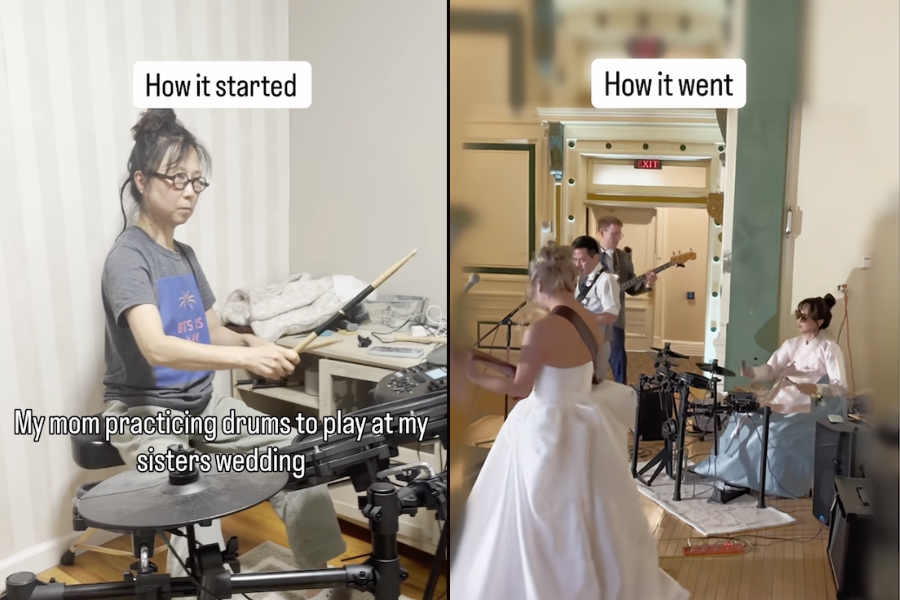“A loaf of bread, a container of milk and a stick of butter.”
It’s a simple, repeated line from a one-minute sketch, but as a Gen Xer raised on public television, it’s one of thousands of “Sesame Street” segments etched into my brain. Such memories still pop into my head at random times, clear as day, well into my forties. Bert singing about his oatmeal box while playing it like a drum. Kermit lamenting that it’s not easy—but it is beautiful—being green. Buffy Saint-Marie breastfeeding her baby and explaining it to Big Bird. Mr. Hooper—the sweet, bow-tied man who ran the Sesame Street corner store—dying.
I was 8 when Mr. Hooper died. It was a big deal. I rewatched part of that episode recently to see what I’d think of it as an adult. The “Sesame Street” gang of 1983 handled it masterfully, helping us all process his unexpected death through Big Bird’s own experience of learning about what it means to die.
“Big Bird, when people die, they don’t come back,” said Susan.
Big Bird let that reality sink in, then said that things wouldn’t be the same without Mr. Hooper—exactly the sentiment we all had.
Bob comforted Big Bird, saying, “You’re right, Big Bird. It’ll never be the same around here without him. But you know something? We can all be very happy that we had a chance to be with him, and to know him and to love him a lot when he was here.”
And now the always kind, always gentle Bob has joined Mr. Hooper and the original Big Bird, Carol Spinney, in whatever comes next. Bob McGrath passed away this past week at age 90, and I found myself mourning the loss more than I would have expected.
I suspect I’m not alone.
Those of us in the original “Sesame Street generation” were the guinea pigs on which the theory of educational children’s television programming was tested. It was an experiment that proved beneficial for millions of us, helping us grow up smarter, stronger and kinder, according to research—but it also gave us a unique relationship with the people and characters who lived on Sesame Street.
The generation that came before us didn’t have anything like “Sesame Street” or “Mister Rogers’ Neighborhood” or “The Electric Company,” and the generations after us have had so much more educational programming to choose from. But those shows were all we had besides mostly-horrible-in-hindsight Saturday morning cartoons. For us, the people and characters on “Sesame Street” formed a core part of our most wholesome childhood memories. They weren’t just entertainers, but teachers. They helped us become better humans in addition to teaching us our letters and numbers, and the emotional connection created from that mentorship during our formative years is profound.
I’m not a huge crier, but I cried when Mr. Rogers died and I cried when Jim Henson died. I didn’t expect it, but I couldn’t help it. And when I saw the news this weekend that Bob McGrath from “Sesame Street” had died, I had the same visceral reaction. A piece of my childhood is gone, just like that, never to come back. I didn’t know him, of course, but I felt like I knew him. And in some odd way, I feel like he actually knew me, because he knew and understood kids.
Perhaps that’s why so many of us feel an emotional attachment to our childhood educational show icons. We weren’t just mindless consumers of cartoon entertainment to them, but precious children with the potential to learn and discover, to become more caring and more knowledgeable. We knew they saw us and understood the stages we were going through. I felt that genuine respect for me as a human being even as a young child. And as an adult, I’ve learned about the sincerity and earnestness of the “Sesame Street” creators and how hard they worked to create the absolute best for kids, which only crystallizes what I felt back then.
“Sesame Street” didn’t just make learning the alphabet and counting entertaining. It taught us about life, about people, about relationships and about ourselves—lessons that became part of our identities. I’ve often thought that the world would be an entirely different place if every young child was raised on a steady diet of “Sesame Street,” and the older and more experienced I get, the more I believe that. It really did make us smarter, stronger and kinder.
Rest in peace, Bob. Thank you for everything you taught us and for being such a positive part of our childhood memories.

